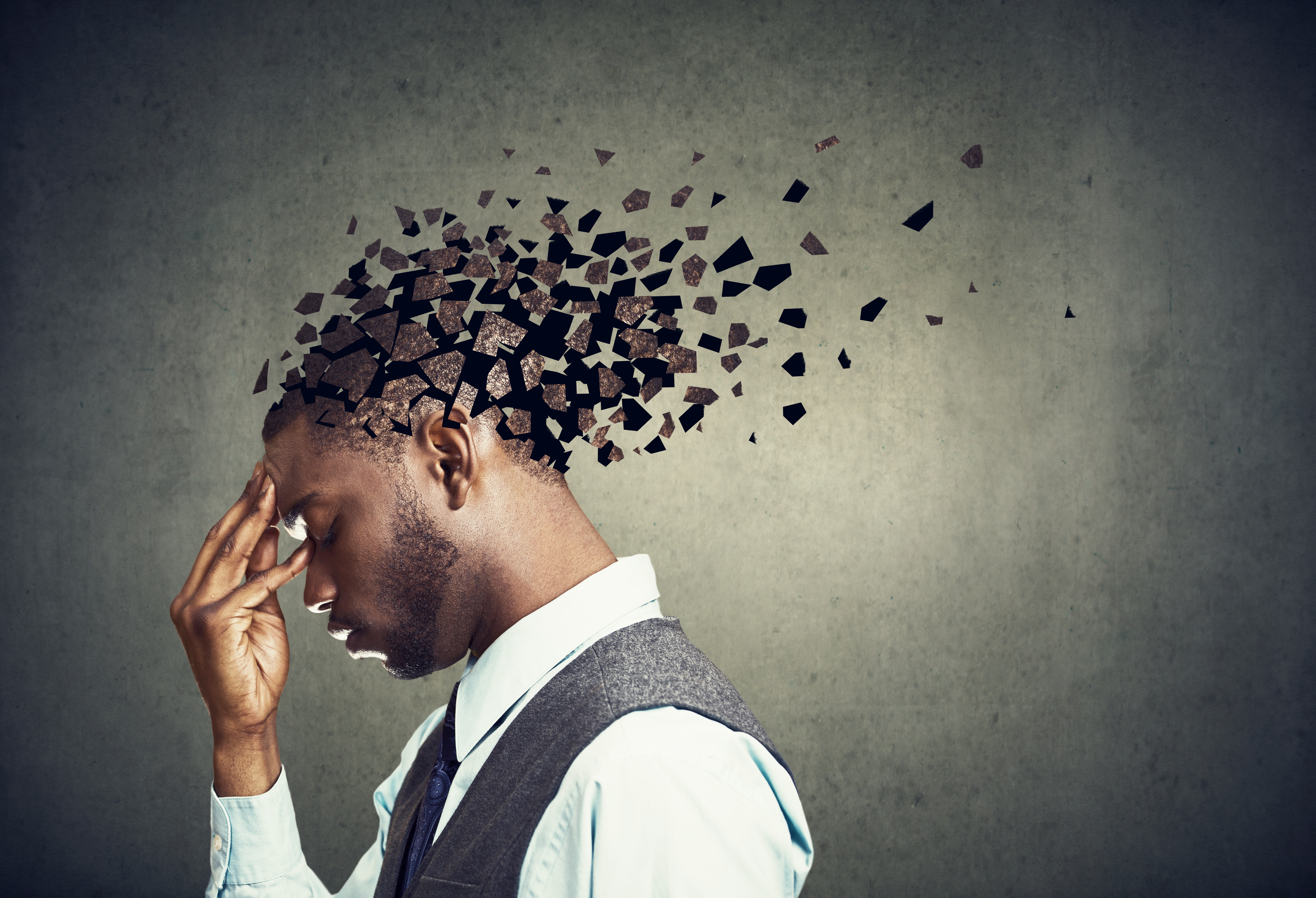
The opening line in Scott Peck’s “ The Road Less Traveled” says, “Life is difficult.” The difficulties of life can produce times when we feel sad, irritable, tired, and hopeless. For many, this may result in symptoms associated with depression. The National Institute of Mental Health found that in 2017, seven percent of adults suffered with depression.
Depression is characterized by a persistently depressed mood or loss of interest in activities, causing significant impairment in daily life. Symptoms of persistent sadness, feeling “empty,” hopelessness, irritability, difficulty concentrating, impaired sleep, physical aches or pain and thoughts of death or suicide or suicide attempts are some of the classic symptoms. Depression is a risk factor for suicide. According to the Office of Minority Health, in 2017, the suicide rate for African American men was more than four times greater than for African American women.
The signs and symptoms of depression in men may present differently, particularly as they relate to physical symptoms, substance use, loss of focus and anger.
Physical symptoms: Common complaints include stomach problems, headaches, an increase in physical pain and sexual dysfunction.
Substance use: Can be used as a coping mechanism to “numb” the pain; alcohol is a depressant that can worsen depression.
Loss of focus: Loss of interest in work or activities the person once enjoyed.
Anger: Men may manifest hostility and aggressiveness when depressed.
Depression can be caused by a combination of genetic, biological, environmental and psychological factors. Depression can co-occur with other serious medical illnesses, such as diabetes, cancer, heart disease and Parkinson’s disease. Data compiled by National Alliance on Mental Illness says that people with depression have a 40 percent higher risk of developing cardiovascular and metabolic diseases than the general population.
Depression may present as mild, moderate or severe. Treatment options range from psychotherapy to a combination of psychotherapy and medication.
One of the most significant barriers to treatment is the stigma associated with depression and seeking help. “Be strong! Don’t cry! Don’t act weak!” These are phrases that many men have heard over their lifetime. Being depressed is not a character flaw. Seeking help is a sign of strength and courage. It’s the recognition that something is not right, and an opportunity to be well emotionally.
If someone you love is showing signs and/or symptoms of depression:
- Offer support, understanding and encouragement
- Be patient – a person with depression cannot “snap out of it”
- Listen carefully and talk with the person
- Never ignore comments about suicide
- Help him or her find a health care professional who can assist
- Remind the person that with time and treatment, depression will lift
If you are showing signs and/or symptoms of depression:
- Don’t wait. Find a health care professional – a physician or mental health professional who can help
- Increase your physical activity, including exercise
- Be kind to yourself – life is difficult – there are people who can help you through this time
- Keep stable daily routines, such as eating and going to bed at the same time every day
- Know that getting treatment sooner rather than later can help to relieve symptoms
Content provided by Cardinal Innovations
Resources and organizations that can help
Cardinal Innovations Healthcare 24/7 Crisis Assistance: 800-939-5911
Behavioral Health Help Line 24/7 Crisis Assistance: 800-418-2065
National Suicide Prevention Lifeline: 800-273-TALK (8255)
NAMI Charlotte: www.namicharlotte.org
